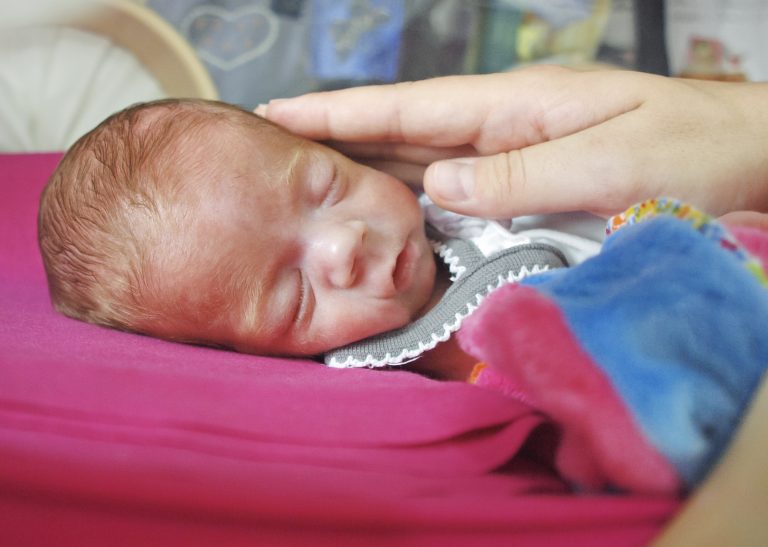
A study carried out by researchers at Washington State University and Indiana University shows that an epigenetic signature collected from cheek cells could be used to predict whether a woman is likely to have a preterm birth.
The signature was also observed in female children of mothers who had preterm births, suggesting that this may be a trait that is passed down to the next generation.
Preterm birth, occurring at less than 37 weeks gestation, impacts about 11% of all live births around the world and is one of the most common causes of mortality in children younger than five years.
“Although there are many risk factors associated with preterm birth including genetic variants, exposure to environmental toxicants, presence of multiple fetuses, preeclampsia and ethnicity, more than half of premature birth cases have an unknown etiology,” write the authors in the journal Scientific Reports.
“Reliable biomarkers for preterm birth could greatly help in predicting which pregnancies are at risk and would improve clinical management and health outcomes for the children.”
Epigenetic markers are influenced by a number of factors, including the environment, and can influence how and when genes are expressed. In this study, senior author Michael Skinner, a professor in Washington State University’s School of Biological Sciences, and colleagues investigated if there was an epigenetic signature present in parents of preterm babies and the infants themselves. For comparison, they also tested a sample of full-term babies and their parents.
The researchers recruited 19 ‘triad’ groups, consisting of both parents and their child, where the baby was born preterm and 21 full-term triads to take part in the study. Both parents and children had cheek swabs taken approximately 9 days after birth.
The team found more than 165 epigenetic biomarkers in the samples from mothers of preterm babies that differed significantly from those whose babies were full term. Fathers had less, at 73 on average, but still enough to suggest a paternal contribution.
“The signature we found was present in all the parents we analyzed,” said Skinner in a press statement. “This is likely to lead eventually to a very useful test. We used buccal cells, which are collected by a cheek swab. It’s very non-invasive and easy to do.”
The researchers also found different epigenetic signatures in the cheek cells of preterm babies. Female preterm babies had 136 and male babies 61 distinct epigenetic biomarkers. The team believes this could indicate that the signature can be passed down from parents to their children, particularly down the female line.
While these findings are interesting, the researchers caution that their study was small and that the results would need to be confirmed in a larger study in the future before a definitive test could be developed.
This work follows on from previous research by Skinner and colleagues that discovered other epigenetic biomarkers. Including one in sperm that can indicate a propensity to father children with autism and one in adults that can pick up signs of rheumatoid arthritis before the disease fully develops.













